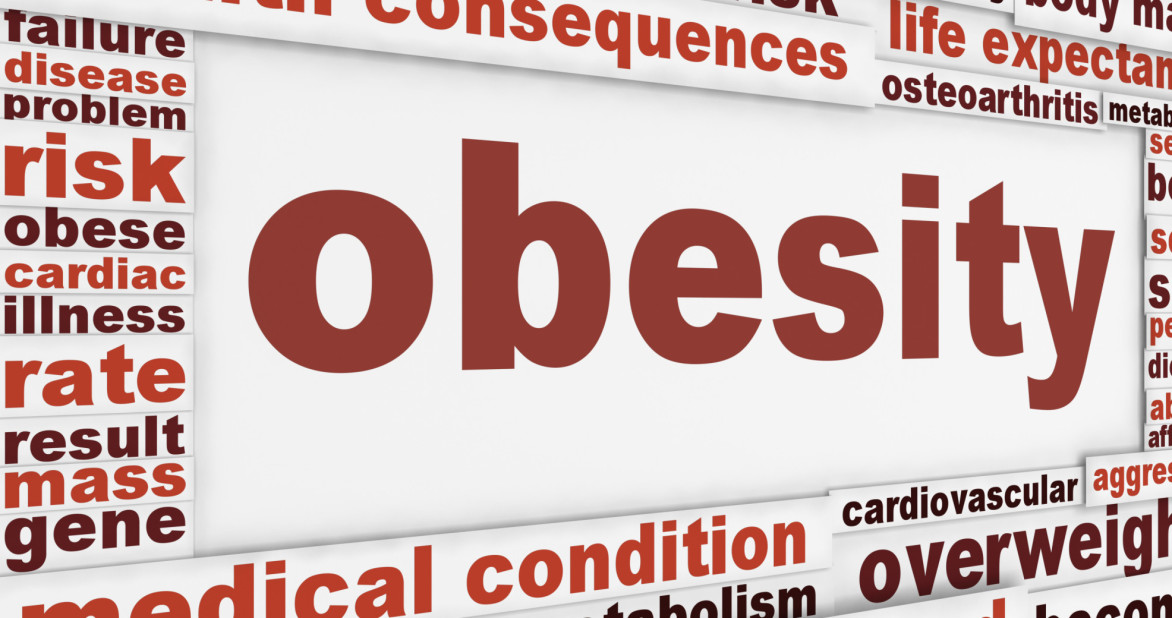Preventing blood pressure

Preventing blood pressure is a common phenomenon with overweight
Preventing blood pressure: Weight management benefits
Weight management is essential in preventing blood pressure. Many have fallen prey to High blood pressure because of their weight. Experts at AWAREmed health and wellness resource center offers a solution. With doctor Dalal Akoury MD as the founder, they are categorical that, you can prevent high blood pressure by:
- Maintaining a healthy weight; lose weight if you are overweight.
- Exercising more
- Eating foods low in salt
- Eating healthy foods like fruits and vegetables
- Drinking alcoholic beverages in moderation, if you have to drink. Otherwise, it would be better if you don’t at all.
These changes are also recommended for treating high blood pressure. Although medicine is often added as part of the treatment. Now, let’s respond to some of the general concerns people have.
Preventing blood pressure: How is blood pressure related to weight?
As your body weight increases, your blood pressure can rise. Being overweight cause’s development of high blood pressure than if you have a healthy weight. You can reduce your risk of high blood pressure by losing weight. Even small amounts of weight loss make a big difference in prevention and treatment of high blood pressure. Therefore, take heed of all the weight loss routines with you on your holiday less you crumble down. And even if you relapse you can still pick up the pieces and overcome overweight problems.
Preventing blood pressure: How can I reduce my intake of salt?
Consumption of too much salt and other sodium can be a trigger blood pressure. Avoiding such stuff will is necessary for cutting down on occurrences of high blood pressure. Practically, it’s not possible to tell who will be affected by mere consumption of sodium or salt. Therefore, it is only sensible that everyone limits intake of salt. This will help in preventing high blood pressure. Studies have established that you can reduce your blood pressure by eating foods rich in grains, fruits, vegetables, and low-fat dairy products.
Preventing blood pressure: Alcohol and high blood pressure
Ideally, alcohol consumption is never good for whatever reason. It is the source of very many health complications we have today. Take for instance the parties we attend during the holidays for instance. There are always lots of alcoholic drinks. High blood pressure has nor a relationship with alcohol. So, to help prevent high blood pressure whether emanating from the activities of the holiday or not, drinking alcohol is not right. Nonetheless, if you have to, limit how much you take preferably not more than two drinks a day if you are male and one for female.
Finally, high blood Pressure and Weight Management during and after Holiday is not just necessary but a must. It is so because the consequences of overweight are life threatening. It will do you good to seek professional help from doctor Akoury today by scheduling an appointment with her. Remember, preventing blood pressure is better that treating the problem.
Preventing blood pressure: Weight management benefitshttp://www.integrativeaddictionconference.com/wp-admin








